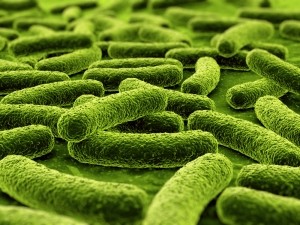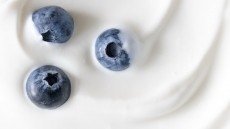Meta-analysis: Probiotic reduces infant skin disorders (but not asthma/wheezing)

Whether administered pre- or post-natally, the Lactobacillus strain significantly reduced atopic sensitisation and immunoglobulin levels when children were later tested, the researchers led by Nancy Elazab from the paediatrics unit of the University of Miami found.
Immunoglobulin levels are typically spiked during allergic reactions – especially in developing immune systems like those in infants and children.
The systematic review showed that probiotic consumption provoked certain lymphocyte responses that resulted in the skin benefits.
“Probiotics may modulate toll-like receptors and the proteoglycan recognition proteins of enterocytes, leading to activation of dendritic cells and a Th1 response; the resulting stimulation of Th1 [lymphocyte T-helper 1] cytokines can suppress Th2 [lymphocyte T-helper 2] responses [which provoke the atopic issues],” the researchers wrote.
The effects could be greater, they said, if follow-up periods went further into childhood, and noted the findings were most relevant to those at high-risk of allergies.
“Future trials should consider specific strains of probiotics, longer follow-up times, and perhaps association with oligosaccharides, particularly when assessing the effects of probiotics on the reduction of risk of asthma and wheeze later in life.”
More than 20 intervention studies published between 2001 and 2012 were deemed relevant to the analysis performed mostly in Europe but also Asia and Oceania.
The review follows on from a recent study that found giving mothers-to-be supplements of Lactobacillus rhamnosus HN001, and continuing the supplementation with the infants until two years of age, led to a 44% lower incidence of eczema in children up to the age of six, compared to placebo.
Source:
Pediatrics
Online August 19, 2013, pages 665-677. DOI: 10.1542/peds.2013-0246,
‘Probiotic administration in early life, atopy, and asthma: A meta-analysis of clinical trials’
Authors: Erick Forno, Nancy Elazab, Angelico Mendy, Janvier Gasana, Edgar R. Vieira, Annabelle Quizon














